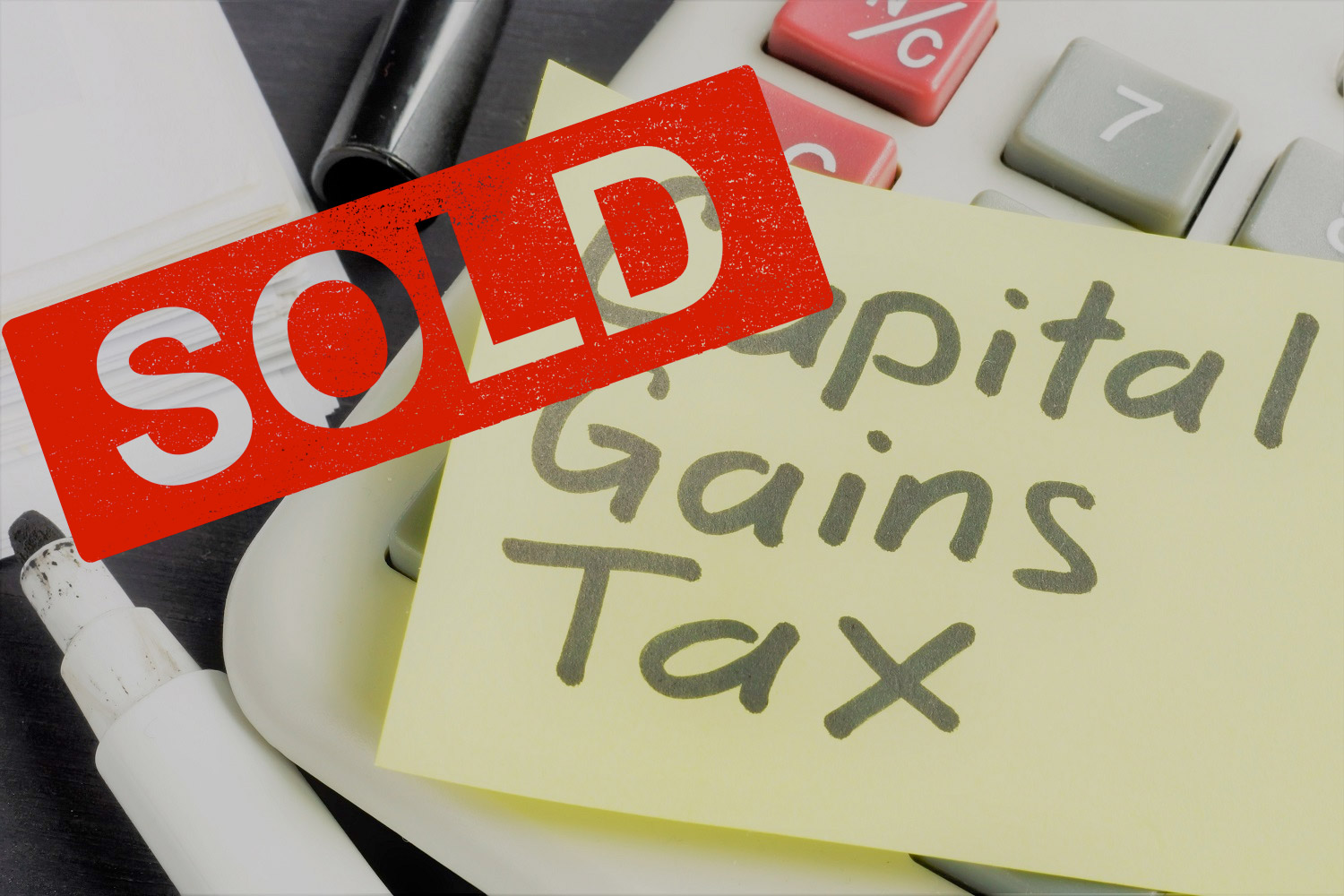If you’ve sold an investment property this year you may need to pay capital gains tax. Find out what rules and exemptions apply that will impact the amount of tax you pay.
On the go? Here’s 30 seconds of take outs:
- Capital gains tax applies to any profit you make from selling a capital asset, for example, an investment property.
- Exemptions and discounts to the amount of capital gains tax can apply if you’ve lived in the property for a period of time, or if you held the property for 12 months.
- You’ll be up for a capital gains tax bill if you make an income from the home you live in, for example if you rent a room from your home. And you’ll also need to capital gains tax if you transfer your property to a friend or relative.
Keep reading >>
If you sell a capital asset, for example, an investment property, you usually make a gain or a loss. This is the difference between what it cost you to buy the asset and what you receive when you sell it.
You need to report these types of gains and losses in your income tax return. If you’ve made a gain on the sale of a capital asset you will need to pay tax on the gains you make.
Any capital gains tax you need to pay will be due in the financial year that you sold the property and it forms part of your income tax.
There are a number of things that can affect the amount of capital gains tax you pay.
Principle place of residence
If you live in your investment property, you are exempt from capital gains tax. You must have lived in the property during the entire ownership period.
If the property has never been rented (or the 6-year temporary absence rule applies, more on this below), you will also be exempt from capital gains tax. If the property was rented for a period of time you may only need to pay capital gains tax on the percentage of time it was rented.
Temporary absence
If you rent out your investment property, there is a special 6-year rule that applies. If the property is rented for no more than 6 years in a single rental period, any profits made on the sale of the property will be exempt from capital gains tax.
This 6-year period is “refreshed” if you move back into the property before the 6-year period expires, and then rent the property out again in the future.
Please note, during this 6-year period, you can only have one principal place of residence.
Holding investments for 12 months
If you hold an investment property for longer than a year, you are entitled to a 50% capital gains tax discount.
Making an investment property your home
If you buy a property, rent it out for a year, and then move in, you can apply for a partial exemption of capital gains tax.
When calculating the capital gain, you will need to include a timeline indicating the period of rental income as a percentage of the overall period the investment property has been held. For example, if the investment property has been rented for 4 years out of a total 10 year period of ownership, only 40% of the profits made on the sale would be recorded in your tax return.
Making income from your home
Similar to making an investment property your home, if you choose to rent out a room within your home, you will be liable to pay capital gains tax when you sell. In addition to including a timeline, you will also need a calculation of the floor area of the property that has been used as rental accommodation. This floor area also includes shared spaces such as back yards, pool areas, garage space, kitchen and laundry areas.
Transferring to a relative or friend
If you pass on an investment property to friends or family, capital gains tax still applies. This is due to the title ownership of the property being changed, which will trigger a capital gain event. A valuation will need to be undertaken from a registered valuer which is used to calculate any “profits” made from purchase date to the date of transfer to your friend or relative.
Guest Blogger: David Shaw | CEO | WSC Group
www.wscgroup.com.au | [email protected]
Get some experts around you to help you on your way: Pinnacle Program Support
Free investor tools: Online property investment toolkit | Book Your Pinnacle Program Review






